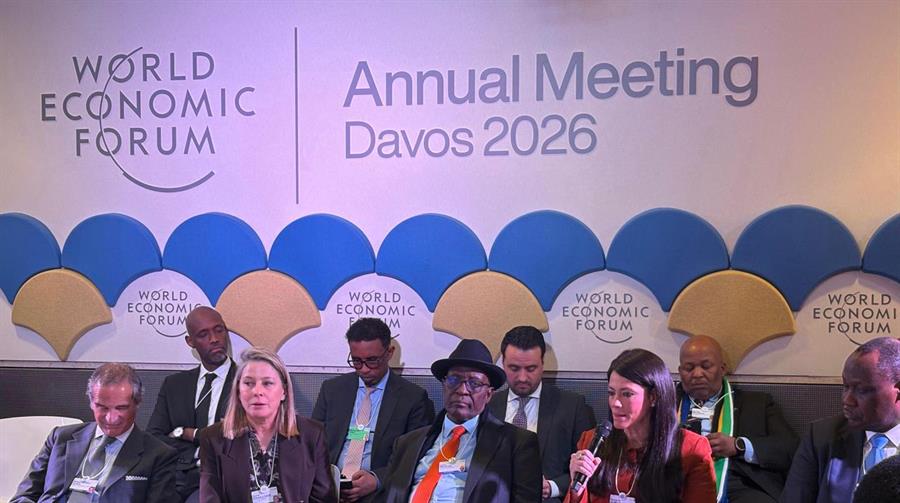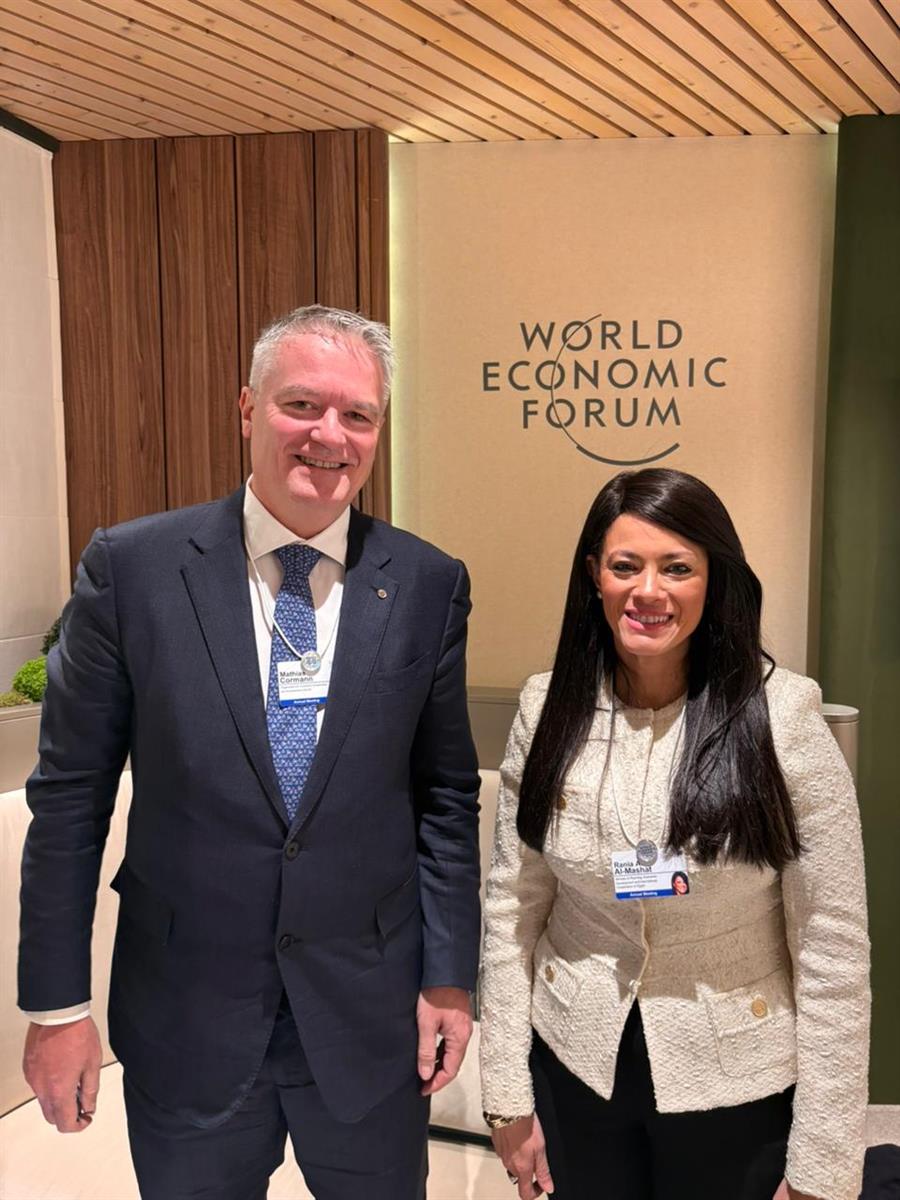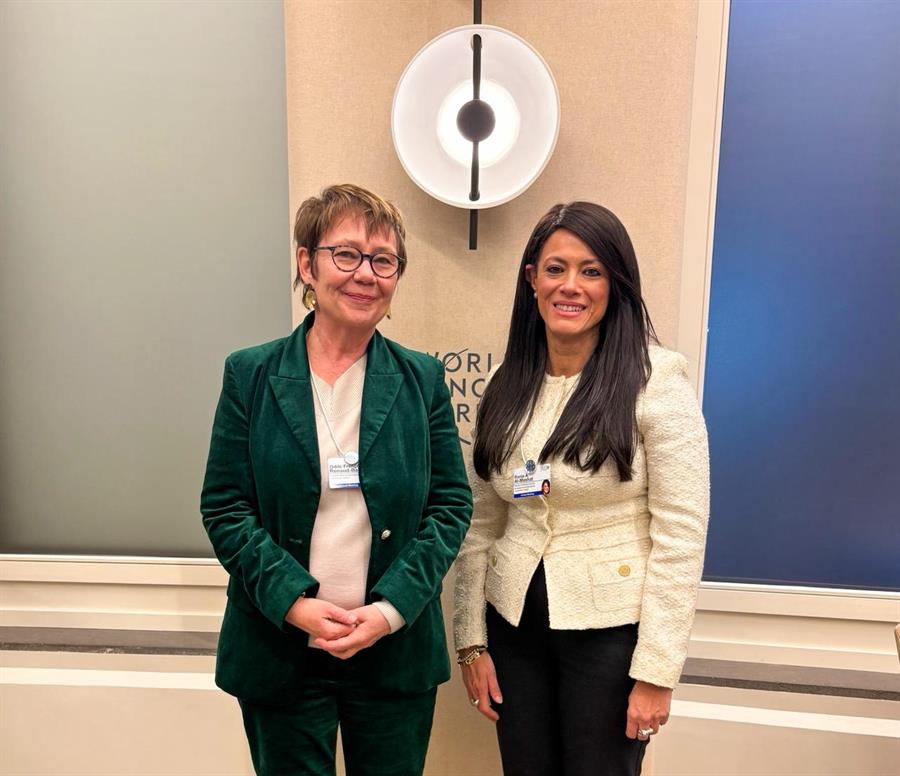Deputy Minister of Planning and Economic Development participates in a session entitled "Achieving Egypt's Vision 2030 through an integrated approach to public governance"

08 February 2023
Deputy Minister of Planning and Economic Development Dr. Ahmed Kamali participated recently in a session entitled "Achieving Egypt's Vision 2030 through an integrated approach to public governance".
The session came as part of the high-level conference on supporting public and economic governance in Egypt.
The conference is organized by the Organization for Economic Co-operation and Development (OECD).
The conference took place on February 8 and 9, in the presence of Sarah Faison, Head of the Public Governance Review Unit of the Organization for Economic Cooperation and Development, Adam Ostry, an international expert and former official in the Canadian Civil Service and the Organization for Economic Cooperation and Development.
During the session, Kamali reviewed the current mechanisms to guide the strategic planning process and set priorities across the government to implement Egypt's Vision 2030.
Kamali explained that Egypt's Vision 2030, which was launched in 2016 has witnessed an update process as a result of international and local changes that occurred as a result of the economic crises, the launch of the economic and structural reforms program, as well as the Covid-19 crises and the geopolitical crises of the war between Russia & Ukraine.
Kamali referred to the governing principles on which the vision is based.
The aforementioned principles are four that include the human being as the center of development, achieving justice and accessibility, and the principle of enhancing flexibility and adaptability.
Kamali said that the vision helps implement the national strategic goals, which include improving Egyptian citizens’ quality of life and their standard of living. This is in addition to social justice and equality.
Kamali pointed out the need for legislative change that reflects the changes that have taken place in Egypt. In that regard, he highlighted the creation of a general planning law whose principles are linked to governance. This is so as to be in line with the development practices of the planning process.
Kamali stressed that the principles governing the law are consistent with the directions of the planning process and what is being practiced on the ground.
Kamali referred to the principles of the law, which include sustainability. This is represented in achieving balanced social, economic, and environmental development for current and future generations. This ensures the optimal use of natural, human, and material resources in a way that guarantees the ability of future generations to meet their needs.
Kamali also discussed the principle of decentralization, referring to the efforts of the Ministry of Planning and Economic Development to implement decentralization. This works to strengthen governance, explaining that it is done by empowering local administration units and transferring powers and responsibilities from the central level to those local units.
Kamali also touched on the principle of participation, stressing the importance of participation in all units and the need for participatory in the process of achieving the goals and the link of the principle to the seventeenth goal of the UN goals, through the involvement of the relevant units, the private sector and civil society institutions in the implementation of development plans.
Kamali referred to the principle of circulation of data and information, stressing the importance of data in the governance process and determining the impact of that data and information. He also emphasizes the importance of making it available to civil society and the private sector.
Kamali referred to the mechanisms for directing strategic planning processes, explaining that, in line with Egypt's commitment to the 2030 Agenda, the Ministry of Planning and Economic Development has adopted several mechanisms to direct the management of the strategic planning process to implement sustainable development goals.
Kamali continued on to note that the Ministry of Planning and Economic Development launched an integrated system for investment plans. This comprehensive strategy combines the government's goals and projects with the Egyptian government's Vision 2030.
Kamali also touched on the performance system, explaining that it is the first system of its kind that allows the Egyptian government to monitor and evaluate the performance of all state agencies per the latest international standards, to ensure efficient resource allocation.
Kamali stressed the importance of the element of follow-up and project evaluation because of their critical resonance in the governance process, explaining the existence of integration between the performance system and the integrated system for preparing and following up the investment plan, stressing the importance of both systems leading to efficient public spending.
Kamali referred to a study conducted by the International Monetary Fund (IMF). This study concluded that 15% of public spending in developed countries is wasted due to inefficient spending. Therefore, this percentage in developing countries rises between 30 and 50%.
Kamali talked about the National Committee for Follow-up on Sustainable Development Goals, explaining that after Egypt pledged to implement the sustainable development goals, the launch of Egypt's Vision 2030 was established as an inter-ministerial national committee, consisting of representatives of 17 ministries and government agencies.









